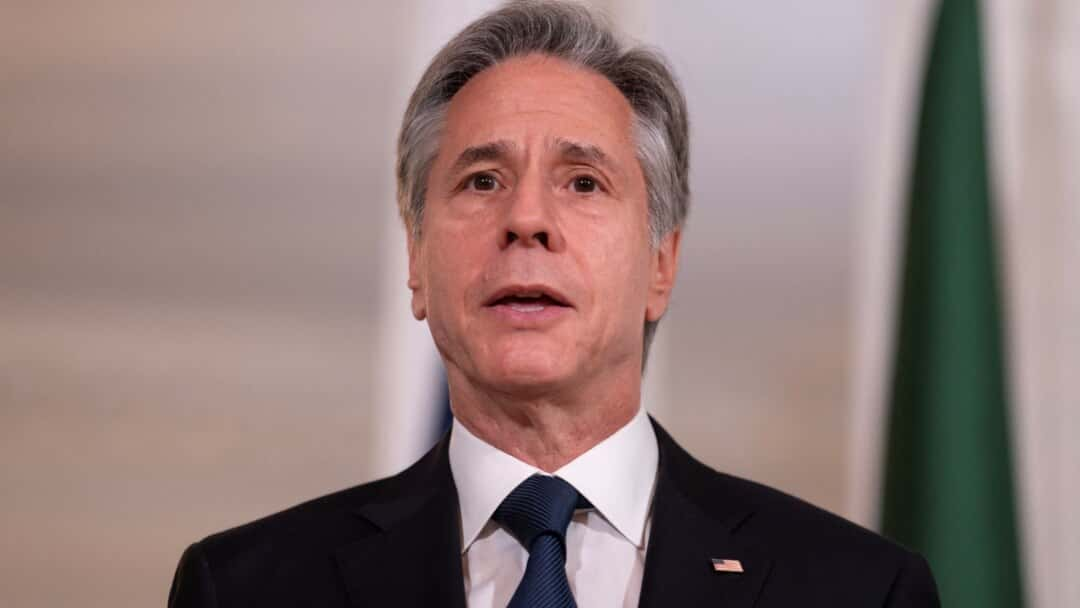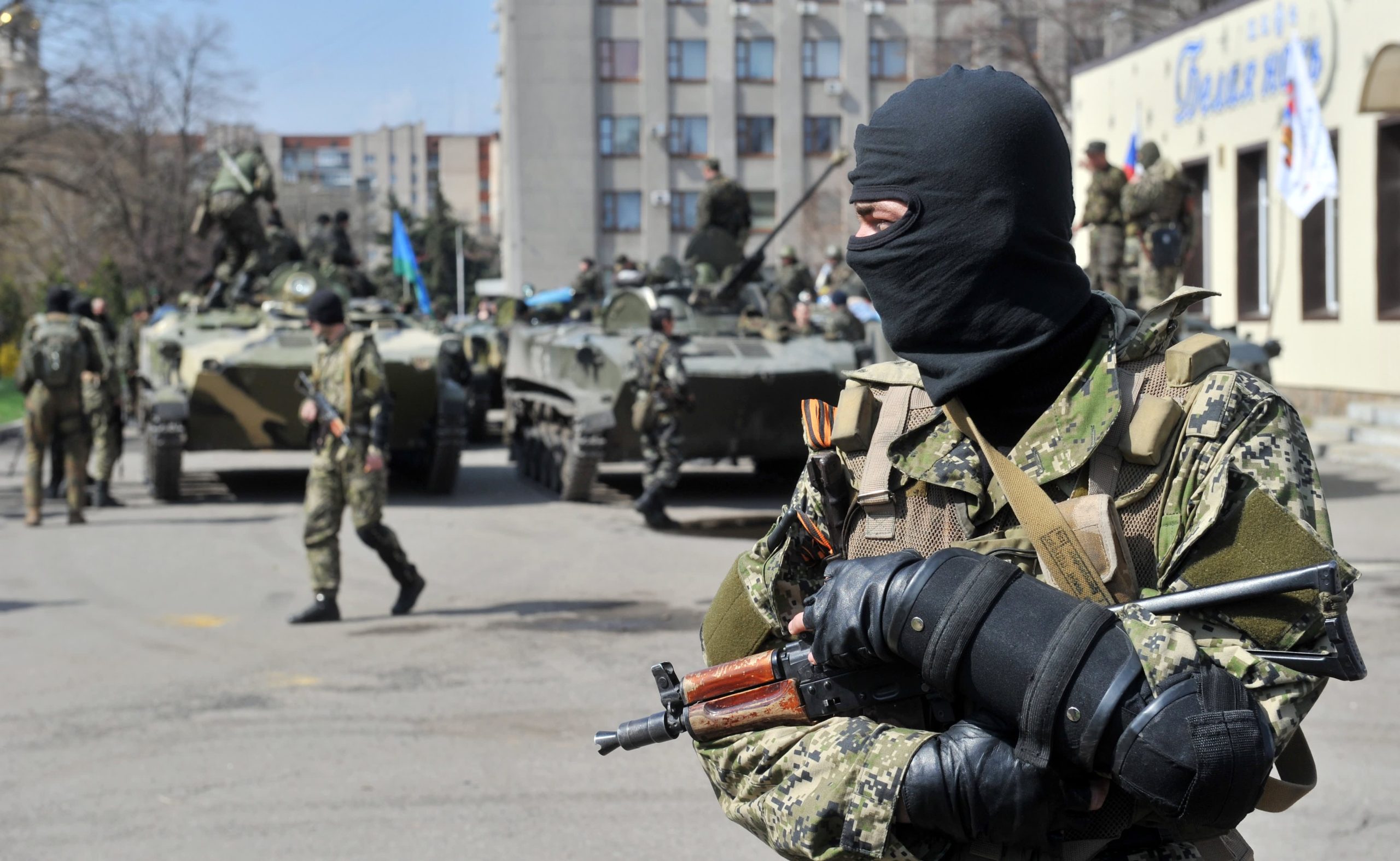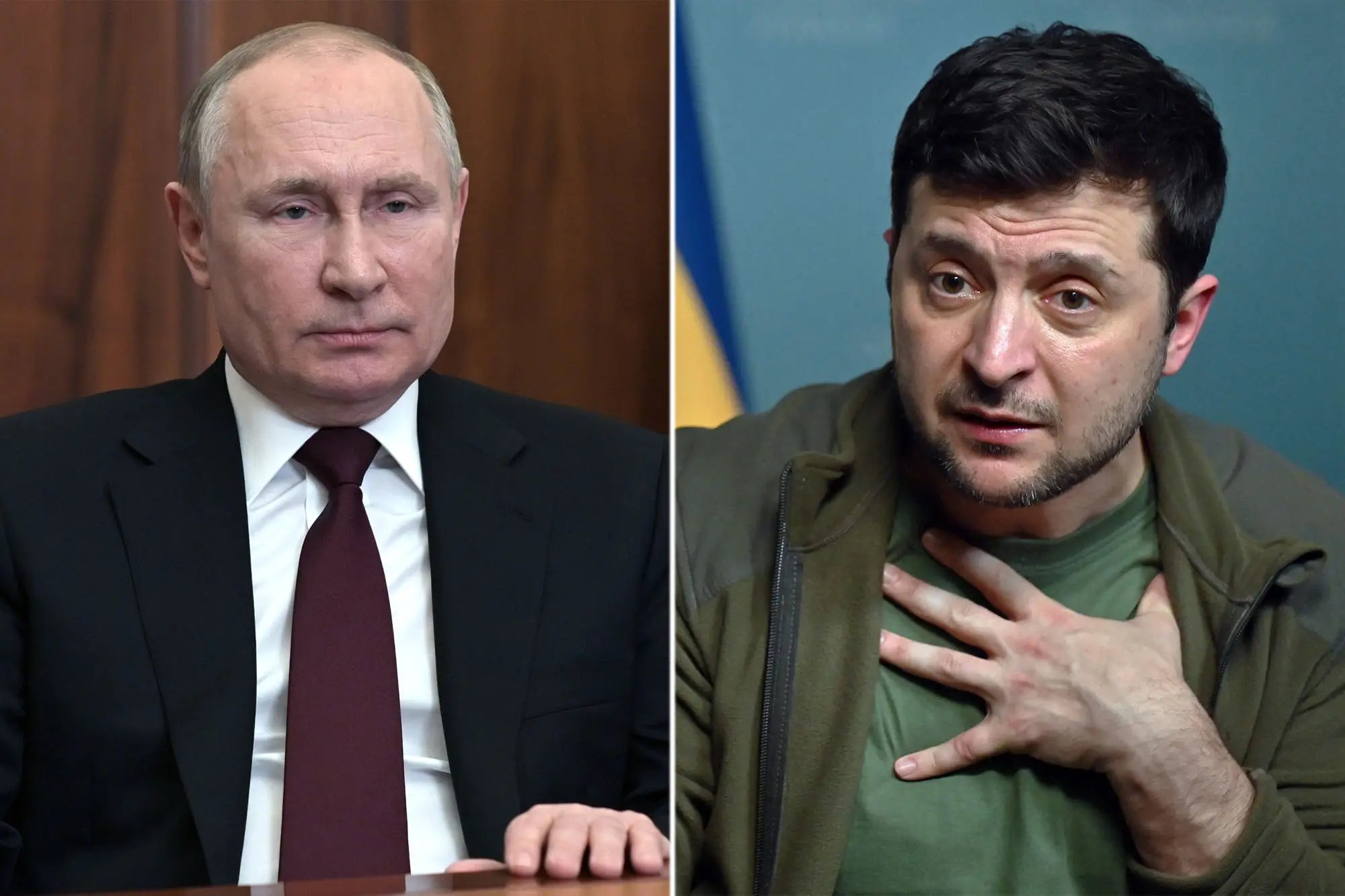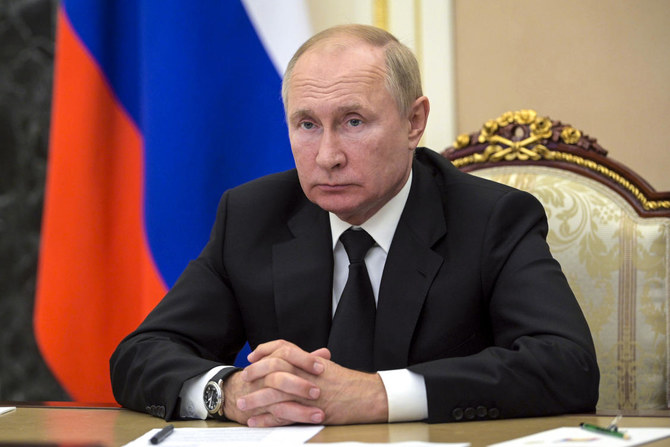Drawing parallels to the British appeasement of Adolf Hitler before World War II, Cameron emphasized the urgency of supporting Ukraine and deterring Russian aggression.
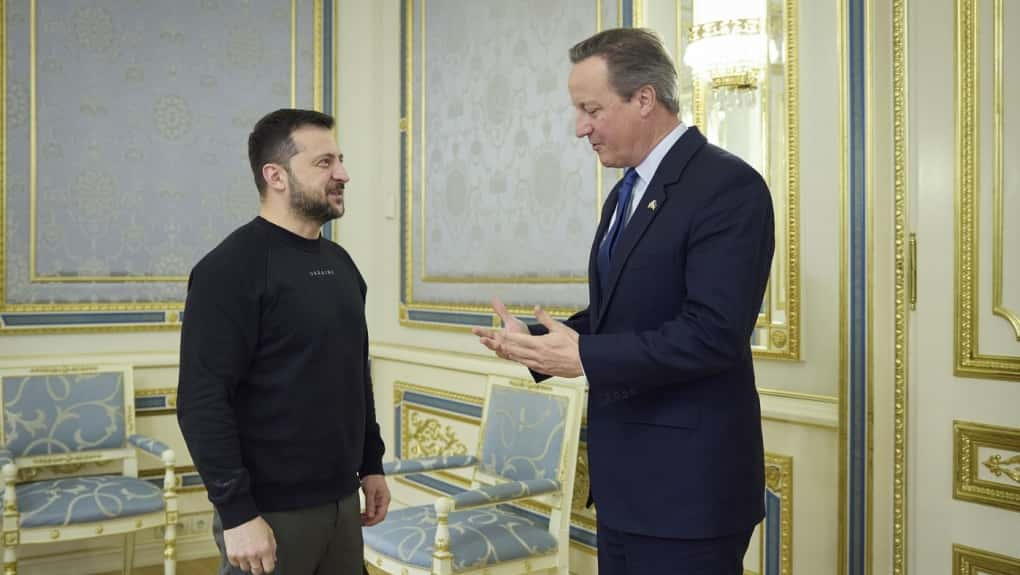
British Foreign Secretary David Cameron has cautioned U.S. lawmakers against delays in approving a crucial funding bill for aid to Ukraine
During his visit to Washington, D.C., David Cameron stressed the importance of strength through deterrence and assisting allies, highlighting the gravity of the ongoing invasion in Europe. He underscored the parallels between the current situation and the challenges faced by his grandfather’s generation in combating Nazi aggression.
David Cameron’s message aligns with appeals from British and Ukrainian officials seeking to break the congressional standoff over supplemental funding for Ukraine before the existing funds run out. He emphasized the need to continue supporting Ukraine in its resistance against Putin’s illegal invasion, deeming it the defining challenge of the current generation.
While acknowledging the political dispute over aid to Kyiv, David Cameron countered claims of a “stalemate” in Ukraine, emphasizing the country’s military successes, particularly in striking Russia’s Black Sea fleet in Crimea. He suggested that providing Ukraine with more long-range missiles could drive Russia further back and put Putin on the defensive.
David Cameron hinted at a thinly veiled critique of the administration’s cautious approach
He argued that Crimea, legally part of Ukraine, should not be considered a military red line, and hesitancy over escalatory threats should be reconsidered. The potential disagreement over missile systems may be overshadowed by the stalemate in Congress, with Biden attempting to secure approval by linking the Ukraine aid request with additional aid for Israel and border security. Republicans, however, have specific priorities for the border-related provisions, complicating the negotiation process.
David Cameron expressed optimism that a majority in Congress supports aiding Ukraine, predicting the bill’s passage and anticipating a positive impact on morale in Ukraine. He urged lawmakers to prioritize bipartisan goodwill, emphasizing the broader effects on European countries and encouraging additional support for Ukraine from the international community.
